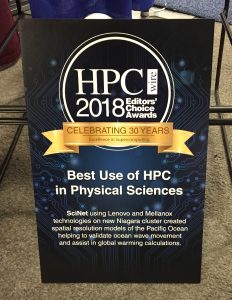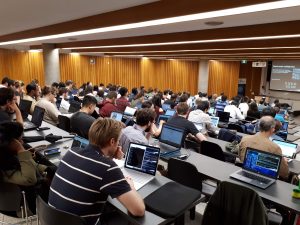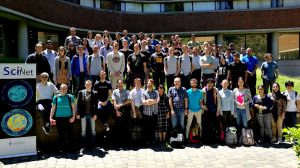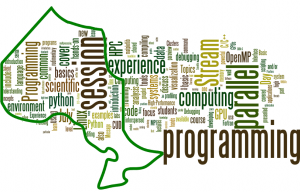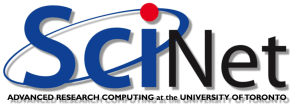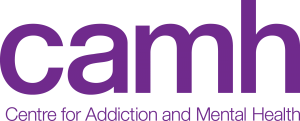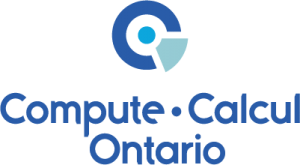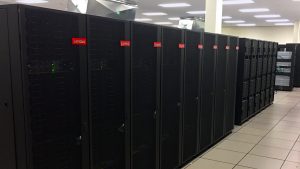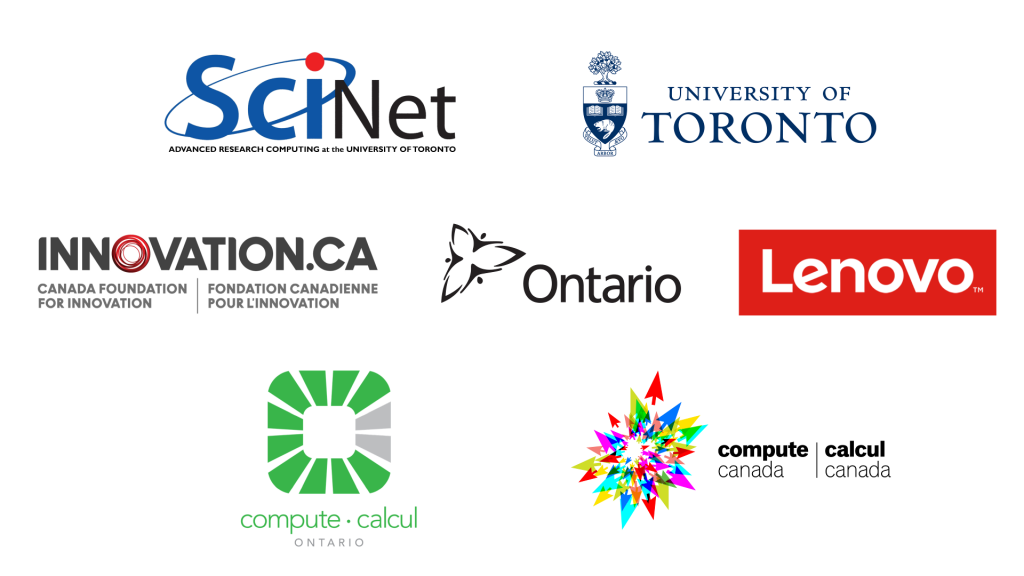2019 International Summer School on HPC Challenges in Computational Sciences, Japan, July 7-12
December 7, 2018 in blog, for_educators, for_press, for_researchers, for_users, frontpage, news
Graduate students and postdoctoral scholars from institutions in Canada, Europe, Japan and the United States are invited to apply for the tenth International Summer School on HPC Challenges in Computational Sciences, to be held from July 7 to 12, 2019, at the campus of the RIKEN Center for Computational Science (R-CCS) in Kobe, Japan.
Applications are due Feb 4, 2019. The summer school is organized by the Extreme Science and Engineering Discovery Environment (XSEDE), the Partnership for Advanced Computing in Europe (PRACE), the R-CCS, and the SciNet HPC Consortium.
Leading computational scientists and HPC technologists from the U.S., Japan, Europe and Canada will offer instructions on a variety of topics as well as dedicated mentoring. Topics include:
- HPC challenges by discipline
- HPC programming proficiency
- Performance analysis & profiling
- Scientific visualization
- Big Data Analytics
- Machine Learning
- Canadian, EU, Japanese and U.S. HPC-infrastructures
The expense-paid program will benefit scholars from Canadian, European, Japanese and U.S. institutions who use advanced computing in their research. The ideal candidate will have many of the following qualities, however this list is not meant to be a “checklist” for applicants to meet all criteria:
- Familiar with HPC, not necessarily an HPC expert, but rather a scholar who could benefit from including advanced computing tools and methods into their existing computational work
- A graduate student with a strong research plan or a postdoctoral fellow in the early stages of their research careers
- Regular practice with parallel programming (i.e., student utilizes parallel programming generally on a monthly basis or more)
- May have a science or engineering background, however, applicants from other disciplines are welcome, provided their research activities include computational work.
Students from underrepresented groups in computing are highly encouraged to apply (i.e., women, racial/ethnic minorities, persons with disabilities, etc.). If you have any questions regarding your eligibility or how this program may benefit you or your research group, please do not hesitate to contact the individual associated with your region below.
Interested students should apply by February 4, 2019. School fees, meals and housing will be covered for all accepted applicants, as well as intercontinental flight costs.
Further information and application: http://ss19.ihpcss.org.
Contacts:
SciNet HPC Consortium
Ramses van Zon
SciNet, Univ. of Toronto, Canada
Email: rzon at scinet.utoronto.ca
PRACE:
Hermann Lederer
Max Planck Computing and Data Facility, Germany
Email: lederer at mpcdf.mpg.de
Simon Wong
ICHEC, Ireland
Email: simon.wong at ichec.ie
RIKEN:
Toshiyuki Imamura
CCS, RIKEN
Email: Imamura.toshiyuki at riken.jp
XSEDE:
Jay Alameda
NCSA, University of Illinois at Urbana-Champaign, United States
Email: alameda at illinois.edu


